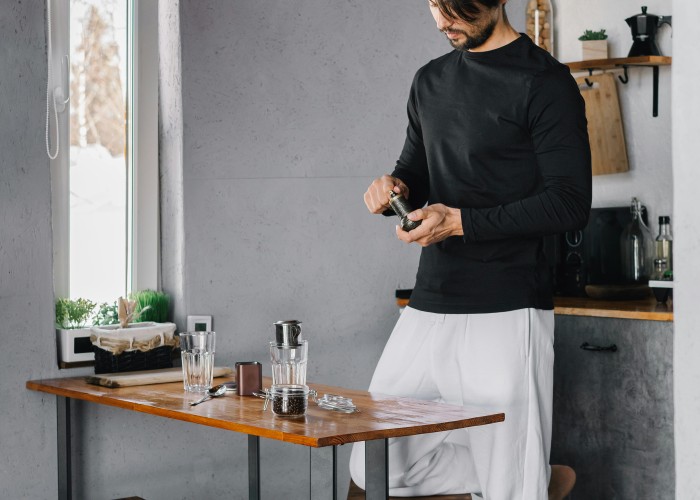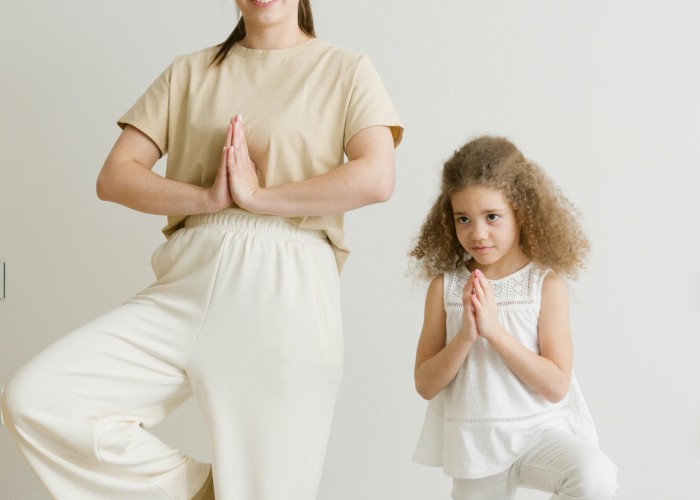Visit Our In-Demand General Blog
Visit Our In-Demand Tour & Travel Blog
Let’s continue to the blog..
Mornings set the foundation for the rest of the day. The way you start your morning can influence how calm, focused, and balanced you feel. For many people, mornings can feel rushed and stressful, which often increases anxiety. The good news is that building a mindful morning routine can help ease this tension and create a sense of stability. Morning Routines That Help Reduce Anxiety.
This blog explores effective morning habits that support mental well-being, reduce stress, and promote a calmer start to the day. These are simple, everyday practices that anyone can adopt.
Why Morning Routines Matter for Anxiety
Morning routines are powerful because they:
- Provide structure and predictability, reducing uncertainty.
- Help regulate your body’s internal clock.
- Improve focus and emotional balance.
- Create a sense of control before the day gets busy.
When anxiety tends to peak in the morning, following a mindful routine can help you feel grounded.
1. Wake Up at a Consistent Time
Getting up at the same time every day supports your body’s natural rhythm. A consistent wake-up time helps balance hormones, regulate sleep quality, and reduces the feeling of being rushed in the morning.
- Try to avoid hitting the snooze button.
- Keep your wake-up time steady, even on weekends.
- Gradually adjust your bedtime if you struggle with mornings. Morning Routines That Help Reduce Anxiety.
2. Start With Deep Breathing
Before reaching for your phone or jumping out of bed, take a few deep breaths. Deep breathing signals your body to relax and reduces morning tension.
A simple technique:
- Inhale slowly for four counts.
- Hold for four counts.
- Exhale for four counts.
- Repeat for 2–3 minutes.
This mindful pause can help calm racing thoughts before the day begins.
3. Hydrate With Water
After several hours of sleep, your body is naturally dehydrated. Drinking a glass of water first thing in the morning helps refresh your system and supports brain function.
Adding a slice of lemon can boost hydration and digestion, making you feel lighter and more energized.
4. Move Your Body
Exercise doesn’t have to be intense to make a difference. Morning movement reduces stress hormones and boosts endorphins, the brain’s natural mood enhancers.
Options include:
- Stretching for 10 minutes.
- Yoga or light Pilates.
- A short walk outside.
Even gentle movement improves circulation and helps release physical tension linked to anxiety. Morning Routines That Help Reduce Anxiety.
5. Limit Morning Screen Time
Checking emails, news, or social media immediately after waking can overwhelm the mind. This rush of information often fuels anxiety.
Instead, spend your first 30–60 minutes offline. Use this time to focus on calming rituals like journaling, stretching, or simply enjoying your breakfast in peace.
6. Practice Gratitude or Journaling
Journaling is a grounding activity that allows you to process emotions and reduce anxiety. You don’t have to write pages—just a few sentences about what you’re grateful for or what you want to focus on today.
Examples:
- “I am thankful for the fresh air this morning.”
- “Today I will focus on staying calm in meetings.”
This simple act shifts attention away from worries toward positive thinking.
7. Eat a Balanced Breakfast
Skipping breakfast or relying on caffeine alone can cause energy crashes and irritability. A nourishing breakfast supports stable blood sugar levels, which is important for mood regulation.
Consider:
- Whole grains for steady energy.
- Protein for focus.
- Fruits or vegetables for vitamins and minerals.
Avoid too much sugar in the morning, as it can increase jitteriness and worsen anxious feelings.
8. Try Mindfulness or Meditation
A short meditation session in the morning can create calmness that carries throughout the day. Mindfulness helps you become aware of your thoughts without judgment, reducing stress responses.
You can:
- Meditate for 5–10 minutes.
- Use guided breathing exercises.
- Simply sit quietly and observe your surroundings.
9. Plan Your Day Gently
Overwhelm often comes from feeling unprepared. Take a few minutes in the morning to outline your priorities. Write down 2–3 key tasks rather than an endless to-do list.
This gives you structure while reducing pressure, making the day feel more manageable.
10. Step Outside for Fresh Air
Exposure to natural light in the morning helps regulate your body’s circadian rhythm, improving both mood and sleep quality. Fresh air and sunlight can boost serotonin, which helps reduce anxiety symptoms.
Even five minutes outside can make a noticeable difference in how calm and alert you feel.
Additional Tips for Building a Calming Morning
- Keep mornings simple; avoid overloading yourself with too many habits.
- Prepare the night before by setting out clothes or organizing essentials.
- Be patient—new routines take time to feel natural.
The key is consistency. The more you practice these calming habits, the easier they become and the stronger the impact on your mental well-being.
Final Thoughts
Morning routines are not about perfection; they’re about creating small, consistent habits that support mental balance. Whether it’s deep breathing, journaling, or a short walk, each step contributes to a calmer state of mind.
By starting your mornings with intention, you give yourself a solid foundation to manage daily challenges with more ease. A mindful routine doesn’t just reduce anxiety—it helps you feel more grounded, focused, and ready to embrace the day.
FAQs on Morning Routines and Anxiety
1. Can morning routines really reduce anxiety?
Yes. Structured habits like breathing exercises, journaling, and exercise help calm the nervous system and reduce stress.
2. How long does it take to build a morning routine?
It usually takes a few weeks of consistency to feel comfortable, but small steps can show benefits almost immediately.
3. What is the best morning activity for reducing anxiety quickly?
Deep breathing or a short walk outside are effective quick practices to ease anxiety.
4. Should I avoid caffeine if I have morning anxiety?
Some people find caffeine increases jitteriness. Limiting intake or eating before drinking coffee can help.
5. How much time do I need for a morning routine?
Even 15–20 minutes can make a difference. Choose habits that fit your schedule.






Leave a Reply